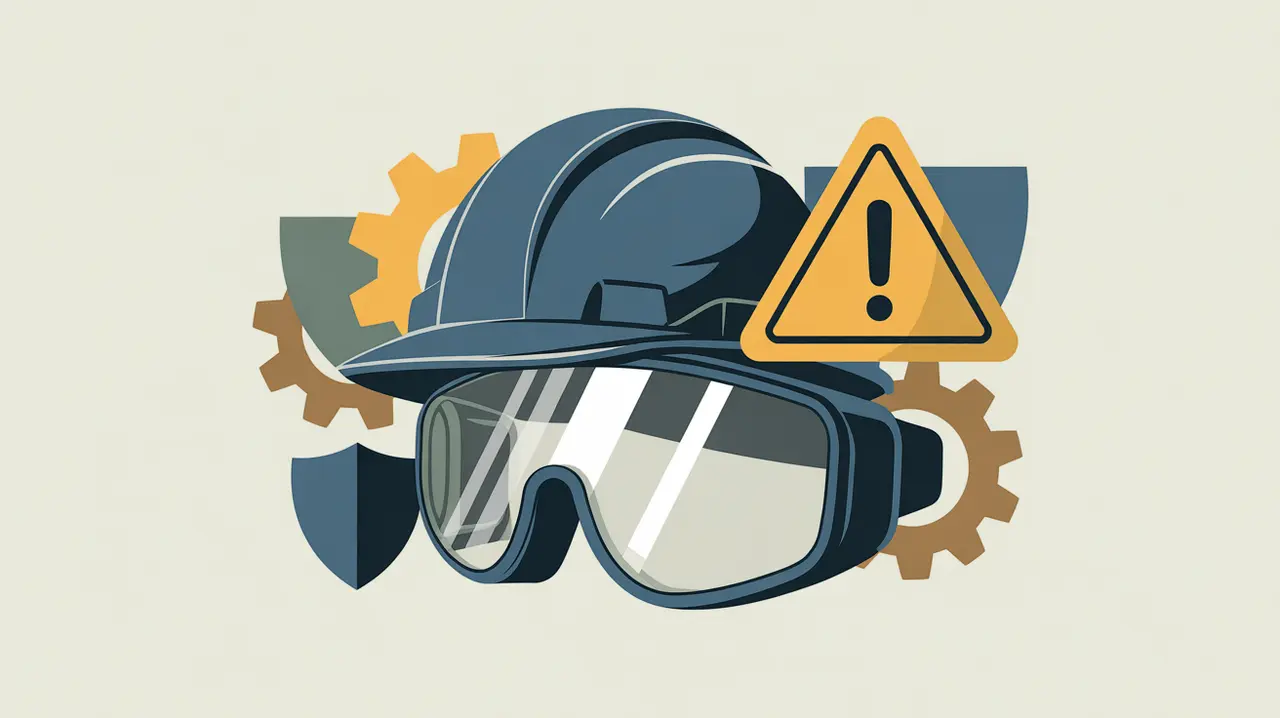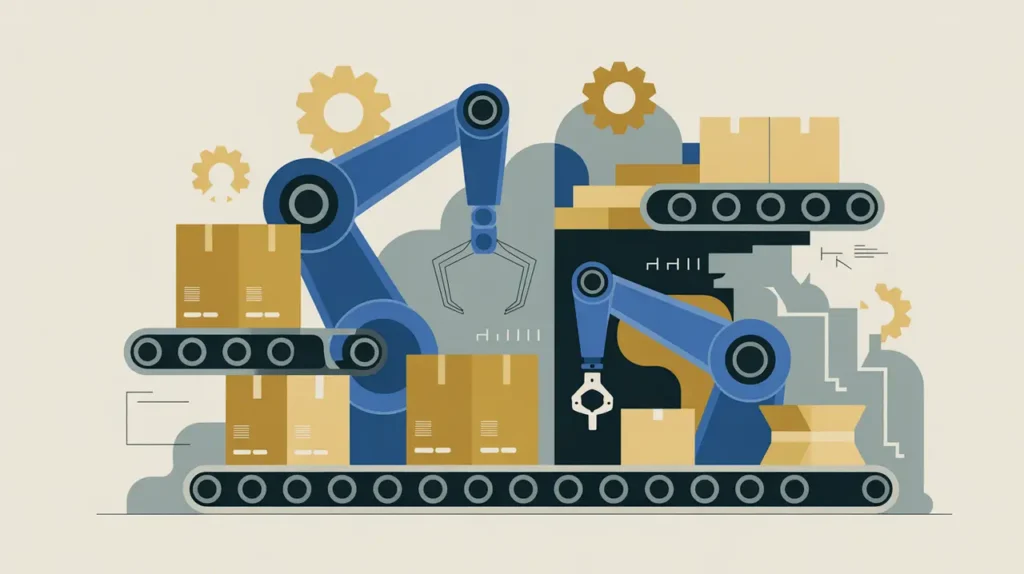Importance of Industrial Safety
Industrial safety is essential for protecting workers, communities, and the environment in contexts where manufacturing, construction, and heavy industry take place. In international development, it is closely tied to labor rights, sustainable growth, and the prevention of accidents that can cause lasting harm. For nonprofits and social innovators, industrial safety is important because unsafe practices disproportionately affect vulnerable workers, often in low-resource or informal settings. Its importance lies in ensuring that economic development does not come at the expense of human health and dignity.
Definition and Features
Industrial safety refers to the policies, practices, and systems that prevent accidents, injuries, and hazards in industrial workplaces. Its defining features include:
- Hazard Prevention: identifying and mitigating risks related to machinery, chemicals, and processes.
- Regulatory Standards: compliance with labor laws, occupational health standards, and environmental protections.
- Training and Awareness: equipping workers with knowledge and skills to operate safely.
- Emergency Preparedness: systems for response in case of accidents or disasters.
How this Works in Practice
In practice, industrial safety involves safety audits, protective equipment, training programs, and compliance monitoring. For example, a factory may establish protocols for handling toxic chemicals, or a construction project may require helmets and harnesses for workers at heights. Governments and international bodies enforce standards, while NGOs may advocate for worker protections and accountability in supply chains. Challenges include weak enforcement, cost-cutting that compromises safety, and limited awareness among workers and employers.
Implications for Social Innovation
Industrial safety has significant implications for social innovation because it intersects with labor rights, technology, and sustainability. Innovations such as wearable monitoring devices, AI-driven hazard detection, and community-led safety audits can improve outcomes. For proximate actors, safer workplaces reduce vulnerability and improve livelihoods. Industrial safety is essential for ensuring that economic progress aligns with human wellbeing and environmental responsibility.







